A Little History of Philosophy
by Nigel Warburton
It may be true of all subjects, but it’s particularly true of philosophy that it’s hard to understand any of it until you know quite a lot about it. Even a book for teenagers, like the 1995 bestseller Sophie’s World, is extremely hard to follow if you really are a beginner. What’s nice about Nigel Warburton’s A Little History of Philosophy is that, as the title suggests, it takes a historical approach. That makes it a lot easier to follow what’s going on. It has short chapters on all the big names in Western philosophy—and their basic ideas—over the past two millennia, from Socrates and Plato through to Peter Singer, the Australian utilitarian philosopher who only just retired from Princeton University.
A Little History of Philosophy is also very nice to listen to as an audiobook. By the end you’ll know your Kant from your Kierkegaard, your Spinoza from your Schopenhauer and your Aristotle from your Arendt—all in just 7.5 hours of listening!
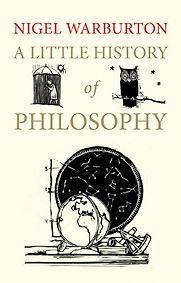
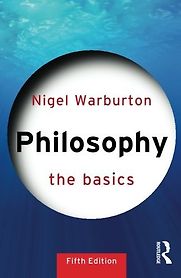
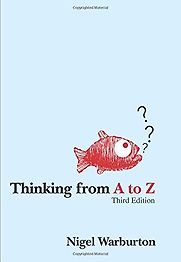
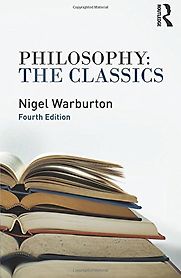

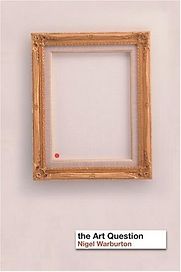
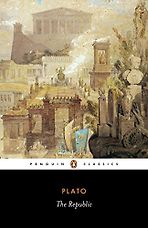
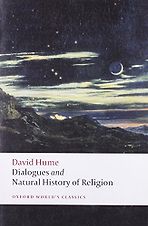




The book, according to the author